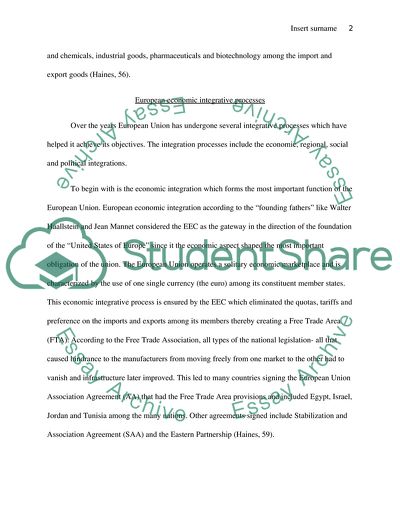Cite this document
(Advanced Studies in European Union Essay Example | Topics and Well Written Essays - 1500 words, n.d.)
Advanced Studies in European Union Essay Example | Topics and Well Written Essays - 1500 words. Retrieved from https://studentshare.org/history/1789090-advanced-studies-in-european-union
Advanced Studies in European Union Essay Example | Topics and Well Written Essays - 1500 words. Retrieved from https://studentshare.org/history/1789090-advanced-studies-in-european-union
(Advanced Studies in European Union Essay Example | Topics and Well Written Essays - 1500 Words)
Advanced Studies in European Union Essay Example | Topics and Well Written Essays - 1500 Words. https://studentshare.org/history/1789090-advanced-studies-in-european-union.
Advanced Studies in European Union Essay Example | Topics and Well Written Essays - 1500 Words. https://studentshare.org/history/1789090-advanced-studies-in-european-union.
“Advanced Studies in European Union Essay Example | Topics and Well Written Essays - 1500 Words”. https://studentshare.org/history/1789090-advanced-studies-in-european-union.


